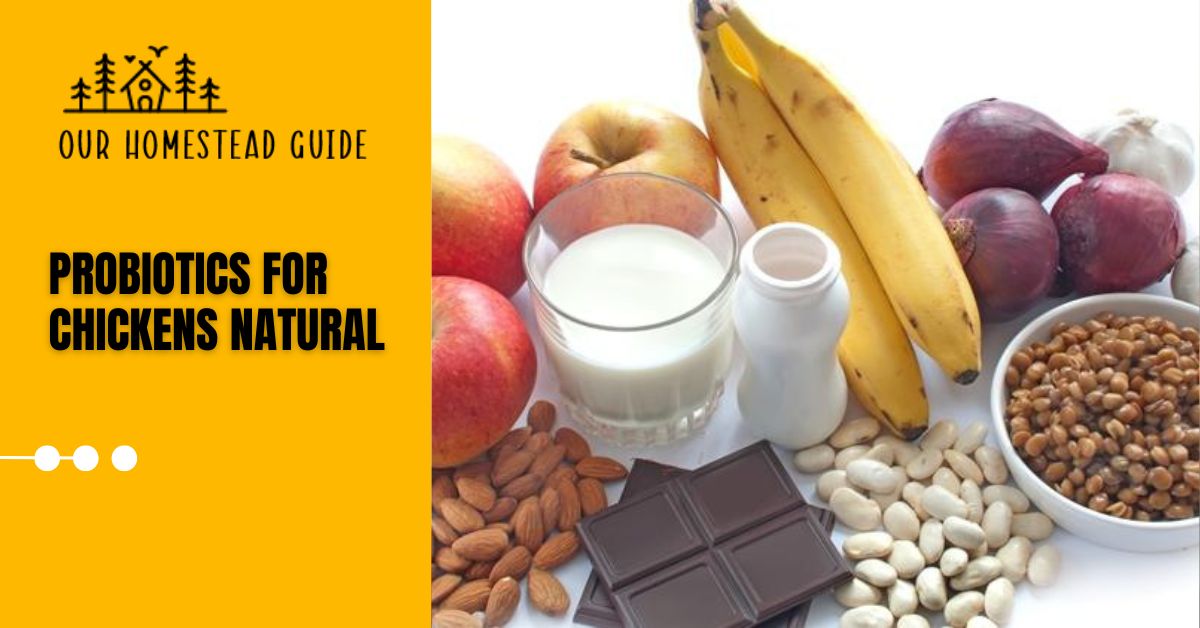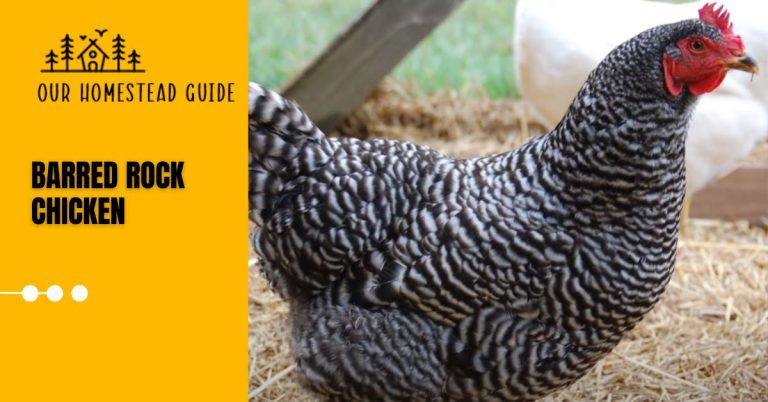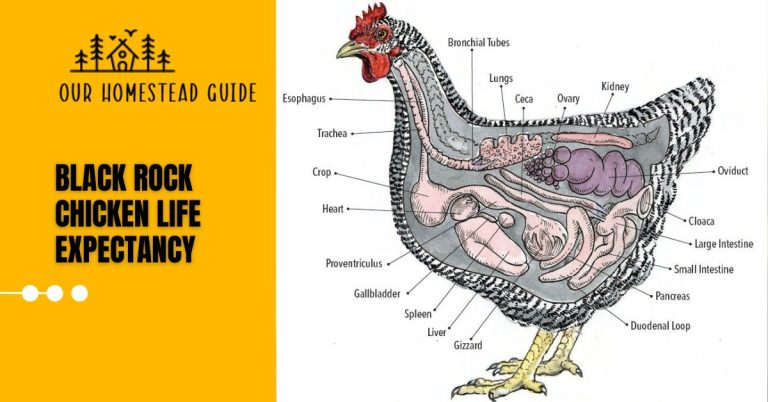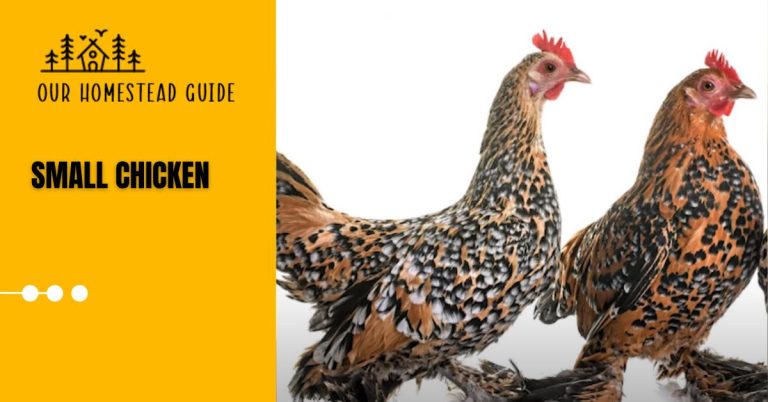Probiotics for Chickens: step by step guide
Probiotics for Chickens The same goes for all other animals in our homes, including pets and livestock such as chickens. You can also find some good quality probiotics for chickens and other poultry online or at your feed store. If the cost of these products is a concern or you want to reduce your waste and increase self-sufficiency, I’ve shared some great tips on how to make homemade probiotics for your chickens.
4- types of probiotics:
These are the major families of probiotics used in poultry supplements:
1-Lactic acid bacteria:
These bacteria convert sugar into lactic acid. These are the bacteria involved in fermentation to make foods like yogurt and cheese. They are found in abundance in milk, plants, and meat products.
2-Non-lactic bacteria
Some microbes do not produce lactic acid but are still very beneficial. Bacteria such as Bacillus are used in soy-based Natta fermentation.
3-Fungi
Molds such as Aspergillus are used to produce fermented foods such as soy sauce, miso, and sake, but do not produce lactic acid.
4-Brewer’s Yeast
Saccharomyces A yeast culture that has recently been shown to be beneficial for chickens. It is commonly used to make fermented foods such as bread, beer, and wine.
When and how to use probiotics for chickens
To summarize, probiotics can benefit chicks after hatching to minimize diarrhea and digestive difficulties, laying hens at peak growth to boost growth and fertility, and preventing bacterial illnesses such as E. coli or Salmonella. They can also boost feed efficiency and growth overall.
Probiotics, on the other hand, are not limited to periods of stress, such as moving or heat stress, and may be safely given to the feed of hens of any age or breed.
Probiotics for chickens are particularly beneficial in the following situations:
Benefits of probiotics for young chicks
I add a sprinkle of probiotic powder to my chicks’ feed. Giving babies probiotics right from the hatch will help them avoid and fend off diseases later in life. Probiotics are believed to combat coccidiosis and salmonella in chicks. So using natural preventative measures can have lifelong benefits for young children.
E. coli and Salmonella can be reduced by using poultry probiotics.
E. Coli is typically present in poultry manure, but it becomes an issue when the digestive environment promotes fast development. Probiotic addition in the food of your hens maintains a healthy gut with beneficial bacteria, hence reducing E. Coli overgrowth. According to studies, probiotic chicken feed can lower salmonella incidence in hens by up to 99%.
Adding probiotics to chicken feed likely:
Help keep chicks’ intestines healthy and intact. Strengthen their immune system. An increase in ‘good’ bacteria Aids with digestion and feed conversion Eliminate bee populations. Help in composting resulting in higher egg production Resulting in higher egg/shell quality Eliminate the chances of your chickens contracting E. coli or salmonella or passing it on to the chicks.
Choosing the Right Probiotics
Best Probiotics for Chickens
Maintaining chickens’ digestive health and general well-being requires the use of the best probiotics. Supplemental probiotics including strains of Lactobacillus and Bifidobacterium can help chickens have a healthy gut microbiota, improving nutrient absorption and disease resistance. The regular usage of these advantageous microorganisms can make your flock’s hens healthier and happier.
Organic vs. Synthetic Probiotics
Probiotics that are naturally derived and organic are pure since they are made with live helpful bacteria rather than synthetic ingredients. On the other hand, lab-made, presumably genetically modified synthetic probiotics present issues with the environment and long-term health. A person’s desire for naturalness and adherence to farming norms will determine their choice.
Where to Buy Probiotics for Chickens
Probiotics for hens are available in a variety of locations. A wide variety of poultry probiotic products are frequently stocked by neighborhood farm supply shops, online websites that provide poultry supplies, and veterinary offices. These supplements may also be available at some feed stores and agricultural cooperatives, making it simple for chicken owners to get them for the welfare of their flock.
Administration and Dosage
How to Use Probiotics for Chickens
Simply mix the necessary amount of the probiotic supplement with their meal or water, as directed by the manufacturer, to use probiotics for chickens. Maintain a steady supply to help their immune system and gastrointestinal health. Probiotics are especially helpful for maintaining a balanced microbiota and keeping your chickens healthy during stressful situations like travel, illness, or dietary changes.
Probiotics Dosage Guidelines
Because probiotic dose recommendations vary depending on the product and company, it’s best to stick to the amount recommended on the supplement bottle. The correct dosage may also be determined by characteristics such as chicken size, age, and general health. Consult a poultry veterinarian or a poultry nutritionist for personalized advice geared to your flock’s needs.
DIY Probiotics for Chickens
To make homemade probiotics for hens, ferment organic materials in a clean container with lactobacillus, allowing it to bubble and acquire an acidic scent. For natural digestive health assistance, dilute with water and offer to your hens.
Nutrition and Health
Probiotics and Chicken Gut Health
Probiotics are essential for preserving the best possible intestinal health in chickens. These advantageous bacteria help a chicken’s digestive system’s microbiome remain in balance, facilitating effective nutrition absorption and lowering the risk of gastrointestinal illnesses. Poultry owners can help ensure healthier, more resilient birds and possibly increase overall output by including probiotics in their diet.
Vitamins and Probiotics for Chickens
For chickens to remain healthy, a combination of vitamins and probiotics is necessary. Vitamins offer vital nutrients for development, immunity, and overall health, whereas probiotics work to maintain a healthy gut microbiota, which improves digestion and helps to prevent gastrointestinal problems. These nutrients work synergistically to ensure hens thrive and produce at their peak levels.
Electrolytes and Probiotics for Chickens
Maintaining the health of chickens requires a combination of electrolytes and probiotics, especially in times of stress or extreme weather. Probiotics support healthy gut microbiota, which facilitates digestion and nutrient absorption, while electrolytes help to replenish lost fluid and maintain the balance of vital minerals. Together, they present an effective way to maintain chickens’ adaptability and well-being under trying circumstances.
Methods of Administration
1-Probiotics in Chicken Feed
Modern poultry farming routinely includes probiotics in the bird diet. These advantageous bacteria help the digestive tract of birds, improving food absorption and raising general well-being. Probiotics are an important part of the diet for chickens because they boost performance and immunity by enhancing the gut flora.
2-Probiotics in Chicken Water
Chicken water with probiotics can considerably enhance the general health and well-being of your flock. These advantageous bacteria improve digestion, promote immunity, and may even increase egg production by supporting a healthy gut microbiome. The health of your flock can be supported simply but effectively by adding probiotics to their water supply.
Innovations and Research
1-In Ovo Inoculation of Probiotics for Broiler Chickens
Probiotic inoculation in utero is a cutting-edge method used in the development of broiler chickens. It improves gut health and immunological function from the very beginning by giving probiotics to the developing embryo before hatching, which has a positive impact on growth rates and overall performance in broiler chickens. This approach presents a possible path toward healthy and sustainable poultry production practices.
3-The Latest Research: Systematic Review and Meta-Analysis
The most recent study offers a thorough overview of all published studies in a certain topic through a systematic review and meta-analysis. This method advances our comprehension of the issue by providing insightful information, spotting trends, and establishing conclusions that are supported by the available data. It is a crucial instrument for influencing current research and decision-making.
How to ferment apple cider vinegar as a probiotic for the health of your chickens:
Probiotics for Chickens Place the fruit scraps in a large, non-reactive container Press this corner to remove air pockets. Cover the scraps with water and add about 1/4 cup of real cider vinegar or ‘mother’ from your last batch. Stir, cover loosely with cheesecloth, and let sit at room temperature until bubbly, usually a few days to a week.
When making vinegar for ourselves, we usually drain the liquid from the fruit, but for chickens, you can easily feed them a whole batch of vinegar and a small number of fruit pieces with their food each day. Probiotics for Chickens If it’s convenient, you can add scraps to their pen by adding a tablespoon or two of liquid to their water dish each day.
- Homemade Probiotics for Chickens:
- Fermented foods like yogurt or kefir.
- Fermented grains (such as fermented corn).
- DIY probiotic mixtures using ingredients like water, sugar, and beneficial bacteria.
- List of Probiotics for Poultry:
- Lactobacillus acidophilus
- Lactobacillus case
- Bacillus subtilis
- Saccharomyces cerevisiae
- How to Use Probiotics for Chickens:
- Mix probiotics with feed or water according to package instructions.
- Administer during times of stress, illness, or after antibiotic use.
- Follow recommended dosages for optimal results.
- Healthy Gut Probiotics for Chickens:
- Probiotics maintain gut balance, aiding digestion and nutrient absorption.
- Improved immune response and disease resistance.
- Chicken Probiotics and Electrolytes:
- Combined supplements help maintain hydration and gut health during heat stress or illness.
- Vitamins and Probiotics for Chickens:
- The combination supports overall health and immunity.
- Benefits of Probiotics for Chickens:
- Enhance digestion and nutrient utilization.
- Strengthen the immune system.
- Reduce pathogenic bacteria in the gut.
- Best Chicken Probiotics:
- Consult a veterinarian for specific recommendations.
- Choose well-researched, quality products.
- Electrolytes for Chickens:
- Electrolyte supplements help maintain hydration, particularly in hot weather or illness.
- Apple Cider Vinegar for Chickens:
- Some believe it supports gut health and reduces harmful bacteria.
- Use diluted in water, as an occasional supplement.
Remember, while these points provide a general overview, it’s essential to consult a poultry veterinarian or an expert for specific advice tailored to your flock’s needs.
Probiotics for Specific Chickens
Probiotics for Broiler Chickens
Broiler hens’ overall health and growth can be dramatically enhanced by feeding them probiotics. Probiotics improve food absorption and strengthen the bird’s immune system, minimizing the need for antibiotics by fostering a balanced gut flora. Probiotics are a practical and sustainable option that helps broiler chickens grow stronger and healthier, resulting in higher-quality poultry products for consumers.
Probiotics for Baby Chickens
Probiotics are a beneficial supplement to a young chicken’s feed because they support intestinal health and general well-being. These advantageous microbes improve young chicks’ digestion, immunity, and support of nutritional absorption. Including probiotics in their feed gives healthy and growing chickens a head start.
Probiotics for Chickens in Different Life Stages
Probiotics are essential for preserving the health of hens at all stages of development. They help chickens develop a healthy gut flora that facilitates digestion and nutrition absorption. Probiotics continue to support hens’ immune systems and digestive function as they become older, enhancing general health and production in layers or meat birds.
Probiotics Around the World
- Probiotics for Chickens in Australia
- Probiotics for Chickens in the UK
- Probiotics for Chickens in Canada
- Probiotics for Chickens in the Philippines
Serving Ideas and Recipes
Creative Ways to Administer Probiotics
In order to achieve better gut health, administering probiotics can entail more than just taking a daily dose. Culinary concoctions rich in probiotics are one novel strategy. You may make your own fermented foods, such as kimchi, sauerkraut, and kefir, allowing you to customize the probiotic strains and flavors to fit your tastes. Probiotic-infused smoothie bowls are another creative option.
These dishes combine yogurt or kefir with fresh fruit and probiotic-rich toppings like granola or chia seeds soaked in kombucha. You may also try making probiotic popsicles by combining yogurt, honey, and fresh fruit and freezing them into delectable delights that will please your sweet taste while promoting intestinal health. Last but not least, think about using probiotics in your beauty regimen. Yogurt or probiotic masks can nourish your face from the inside out.
Probiotic-Enriched Chicken Recipes
Traditional poultry dishes can be updated with delectable and healthy probiotic-enriched chicken recipes. Chicken can be marinated in kefir or yogurt, both of which are delicious and high in probiotics. This makes the meat soft and juicy as well as adding a creamy, tangy flavor. It also fills the meat with healthy microorganisms.
In conclusion, you may get creative by stuffing chicken breasts with probiotic-rich foods such as sauerkraut or fermented veggies. For a spicy, flavorful snack, marinade chicken wings in probiotic hot sauce. These recipes highlight the flexibility of probiotics in chicken meals, enhancing both flavor and digestive health.
In conclusion,
using probiotics in chicken farming offers a viable way to increase avian productivity and health. Probiotics offer chicken lovers a natural and sustainable option by having the capacity to improve immunity and digestive function. Integrating probiotics into routines for caring for chickens may become more and more important for sustaining healthy flocks as this field of study develops.
Most Frequently Asked Questions!
Q1: What are probiotics for chickens?
Probiotics for chickens are beneficial microorganisms, such as bacteria and yeast, that promote a healthy balance of gut flora. They aid in digestion, nutrient absorption, and support the immune system.
Q2: Why are probiotics important for chickens?
Probiotics help maintain a balanced gut environment, enhancing nutrient utilization, improving immunity, and preventing the overgrowth of harmful bacteria.
Q3: How do probiotics work for chickens?
Probiotics populate the chicken’s digestive tract with beneficial bacteria, which outcompete harmful bacteria. This balance promotes efficient digestion and boosts the immune system.
Q4: Can I make homemade probiotics for my chickens?
Yes, you can ferment foods like yogurt, kefir, or grains as homemade probiotics. However, ensure proper hygiene and research to provide safe and effective options.
Q5: How should I administer probiotics to chickens?
Probiotics can be added to feed, water, or given directly. Follow the manufacturer’s instructions for dosage. Administer during stressful times, after antibiotic use, or as a routine supplement.
Q6: What are the benefits of probiotics for chickens?
Benefits include improved digestion, enhanced nutrient absorption, stronger immune response, reduced risk of infections, and overall better gut health.
Q7: Can probiotics help during times of stress?
Yes, probiotics can aid chickens during stressful periods like transportation, changes in diet, extreme weather, or when introducing new flock members.
Q8: Are there different probiotic strains for chickens?
Yes, various strains like Lactobacillus, Bacillus, and yeast species are commonly used. Different strains offer unique benefits, so choosing a diverse mix can be advantageous.
Q9: Can probiotics replace antibiotics for chickens?
Probiotics can’t replace antibiotics for treating bacterial infections, but they can support overall gut health and immunity, potentially reducing the need for antibiotics.
Q10: Are there any risks associated with using probiotics for chickens?
When used correctly, probiotics are generally safe. However, improper dosage or contamination could pose risks. Consult a poultry veterinarian and choose reputable products.
Q11: Can I give probiotics and electrolytes to chickens together?
Yes, combining probiotics and electrolytes can be beneficial during times of stress, such as heat waves or illness. They work together to maintain gut health and hydration.
Q12: How can I choose the best probiotics for my chickens?
Consult a veterinarian or poultry expert for recommendations. Look for products with well-documented strains, proper storage instructions, and a history of positive results.
you may also like this article.
“Revolutionize Your Flock’s Health: Unveiling the Power of Probiotics for Chickens!”







